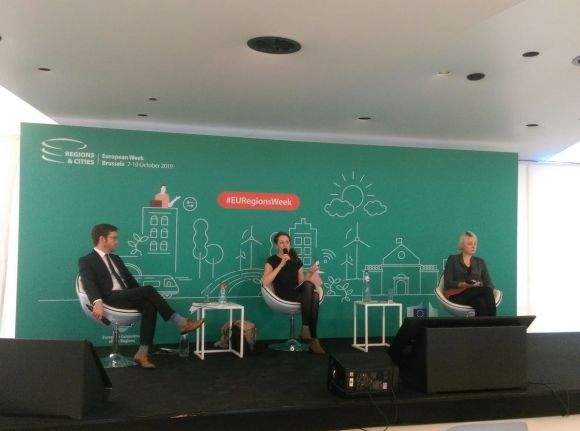
No, don’t get all skeptical. Well, not yet.
If you acknowledge it or not, this is a fact. Every day, through media, public opinion, interests, and motivations of people, consciences are influenced, misguided or diverted, even beyond the boundaries of their own wills and senses. And the democratic monolith we know today as the European Union is no exception.
Is disinformation such a big deal?
Looking in these days, this issue appears with even more intensity than ever. But you would ask: Isn’t disinformation present in our lives from times immemorial? Why is it reoccurring? Why is it an important topic to talk about now?
Its destructive potential of undermining the exercise of human rights focuses mainly through the online platforms, as it can disseminate information on a scale and speed unprecedented it erodes trust in the media and institutions. It also manipulated social debates, hampers one’s ability to take informed decisions and undermines the free and democratic elections’ process. Looking only at the statistics, 6400 cases have been detected since the early 2000’s.
We need to keep the house in order-Johannes Bahrke, European Commission spokesperson
Essentially, the role of the European Commission and Parliament has been more and more active in developing tools that can address and overcome promptly the issues that the media platforms face as I write this article.
First of all, the Code of Practice on Disinformation involves the signatory platforms Facebook, Google and Twitter which have reported every month to the Commission between January and May 2019 on the actions most pertinent to the European elections. As a result, platforms have taken actions against manipulative behavior on their services, such as coordinated information operations on the malicious use of boots and fake accounts and have provided detailed data on actions to improve scrutinity of ad placements. Moreover, all three platforms are clearly labeling political ads with paid-for-by disclosures and have made available political ad libraries.
If you thought that is the European Commission focuses only on one plan, you were wrong. Horizon 2020 is the new experimental project of the EC which develops tools and services for journalists and citizens to support them in assessing the validity of online content and verifying sources( eg:softwares for video verification, content verification and blockchain-based public database of known fakes or AI based tools for fake news debunking).
Furthermore, SOMA- The Social Observatory for Disinformation and Social Media Analysis it is meant to facilitate the creation of an independent European network of fact-checkers.
And the award for the main source of disinformation in the EU disinformation campaigns goes to…
It is already a known fact that disinformation is seen as a challenge, especially the one coming from the East, as pro-Kremlin disinformation doesn’t know borders. Take the example of the recently discovered EP Today site which was wanted to be similar with the one of the official European Parliament but with a proportion of more than 47% of the articles coming from Russia Today.
There is hope
Actually it’s me and you who are the hope. Media literacy, fact checking from different sources, having a broad angle to look an issue upon. These are the changes we can do every single day, and it’s costless. Of course we can’t do it alone. This is why the EC is aiming to develop communication strategies with delegations, pooling resources together and reaching to new audiences. Security of its citizens is first and foremost the EU’s authorities goal and each day is taken as an opportunity to enhance and even excel this .
Vârlan Aurelia Codruța (Romania)



